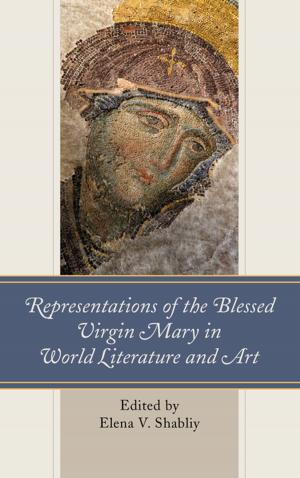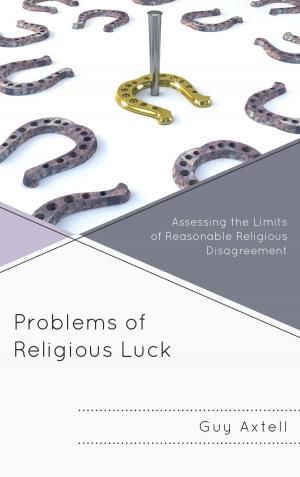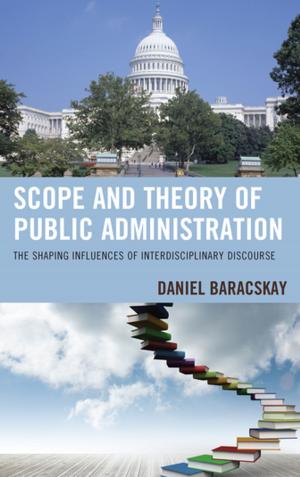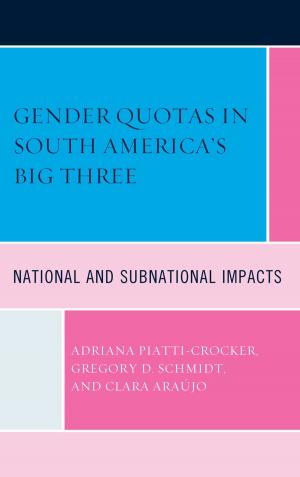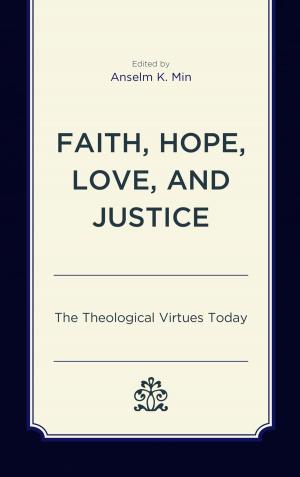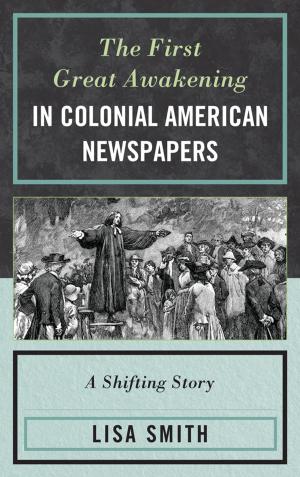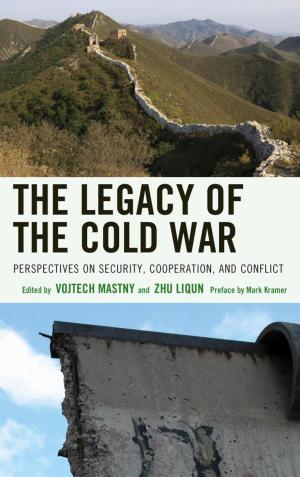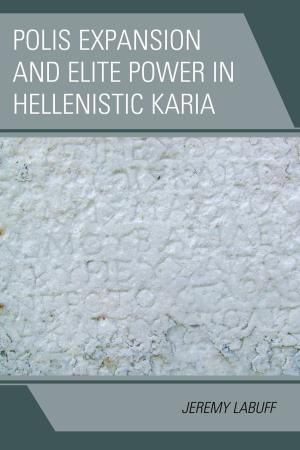The EU and the Israeli–Palestinian Conflict 1971–2013
In Pursuit of a Just Peace
Nonfiction, Social & Cultural Studies, Political Science, International, Treaties, International Security| Author: | Anders Persson | ISBN: | 9780739192450 |
| Publisher: | Lexington Books | Publication: | October 21, 2014 |
| Imprint: | Lexington Books | Language: | English |
| Author: | Anders Persson |
| ISBN: | 9780739192450 |
| Publisher: | Lexington Books |
| Publication: | October 21, 2014 |
| Imprint: | Lexington Books |
| Language: | English |
Just peace has been much talked about in everyday life, but it is less well researched by academics. The rationale of this book is therefore to probe what constitutes a just peace, both conceptually within the field of peacebuilding and empirically in the context of the EU as a peacebuilder in the Israeli-Palestinian conflict.
The EU has used the term just peace in many of its most important declarations on the Israeli-Palestinian conflict throughout the years. Defining a just peace is about these declaratory efforts by the EU to articulate a common formula of a just peace in the conflict. Securing and building a just peace are about the EU’s role in implementing this formula for a just peace in the conflict through the creation of a Palestinian state.
As the EU enters its fifth decade of involvement in the conflict, there can be little doubt that in common with the rest of the international community it has failed in its efforts to establish a just peace between Israelis and Palestinians. While this is an inescapable overall conclusion from four decades of EC/EU peacebuilding in the conflict, it is, at the same time, possible to draw a number of other conclusions from this book. Most importantly, it argues that the EU is a major legitimizing power in the conflict and that it has kept the prospects of a two-state solution alive through its support for the Palestinian statebuilding process.
Just peace has been much talked about in everyday life, but it is less well researched by academics. The rationale of this book is therefore to probe what constitutes a just peace, both conceptually within the field of peacebuilding and empirically in the context of the EU as a peacebuilder in the Israeli-Palestinian conflict.
The EU has used the term just peace in many of its most important declarations on the Israeli-Palestinian conflict throughout the years. Defining a just peace is about these declaratory efforts by the EU to articulate a common formula of a just peace in the conflict. Securing and building a just peace are about the EU’s role in implementing this formula for a just peace in the conflict through the creation of a Palestinian state.
As the EU enters its fifth decade of involvement in the conflict, there can be little doubt that in common with the rest of the international community it has failed in its efforts to establish a just peace between Israelis and Palestinians. While this is an inescapable overall conclusion from four decades of EC/EU peacebuilding in the conflict, it is, at the same time, possible to draw a number of other conclusions from this book. Most importantly, it argues that the EU is a major legitimizing power in the conflict and that it has kept the prospects of a two-state solution alive through its support for the Palestinian statebuilding process.


